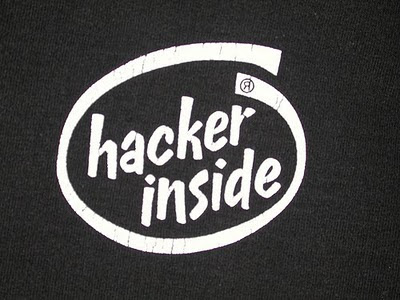1. I am sure we all endeavor to keep the antivirus updated,keep the OS patch updated,keep cleaning registries,keep cleaning browser history at regular intervals,keep ensuring regular complete scan of the precious PC Machine that we own....we all do this to ensure that we r safe while we browse...now read further to find out how it all goes in vain even with the best and leading browser company......
2.
Antivirus company
Webroot have identified an information extracting trojan, which alters a Firefox file, so that the browser stores passwords automatically.The trojan is named as
Trojan-PWS-Nslogm and is capable of stealing usernames and passwords stored by both Internet Explorer and Firefox browsers.By default, whenever Firefox detects that login credentials are submitted through a Web form, it offers to remember them for future use.When this happens, the user is presented with several options which include "Remember", "Never for This Site" or "Not Now". If they choose remember, the browser stores the username and password in a local database.Since it's easier to steal credentials from this database instead of injecting the browser process and grabbing them as they are submitted, the author of this trojan thought it would make more sense to have Firefox remember all passwords without asking users for confirmation.To achieve this, he created a routine to patch the nsLoginManagerPrompter.js file in the Firefox installation by adding new code and commenting out some already existent lines."The Trojan then scrapes information from the registry, from the so-called Protected Storage area used by IE to store passwords, and from Firefox’s own password storage, and tries to pass the stolen information onward, once per minute," Andrew Brandt, a malware researcher at Webroot, explains.
3. The password stealer installs itself in the c:\windows\system32 folder as a file called Kernel.exe. The captured data is send to a command and control server via a deprecated ActiveX control called msinet.ocx.
4.
So kya solution hai?...whats the solution to this?...simply stop using internet....just joking...solution being worked out still at FIREFOX labs.Thanks
http://news.softpedia.com
 https://orcid.org/0000-0002-9097-2246
https://orcid.org/0000-0002-9097-2246












